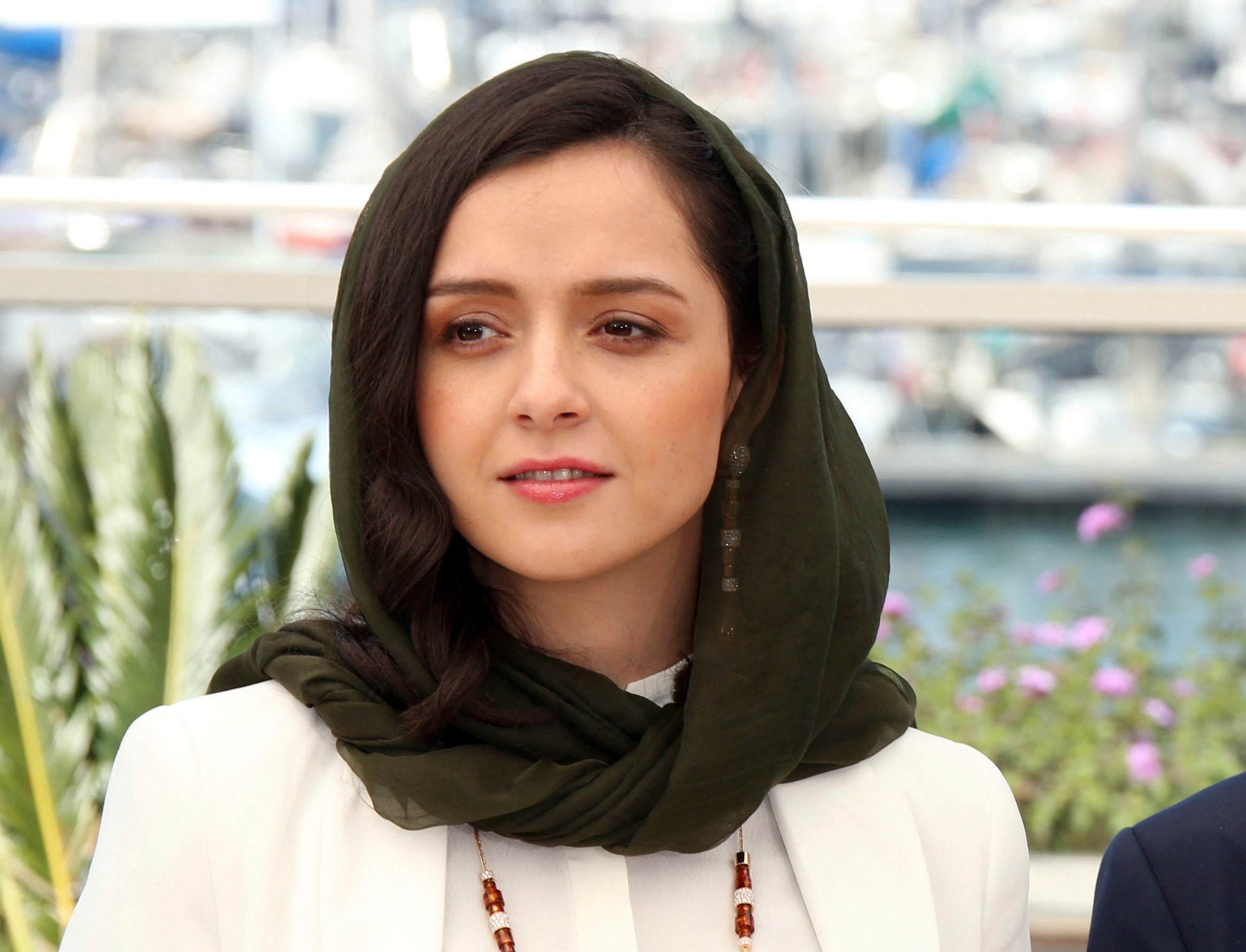Iran releases prominent actress who protested executions
Local media are reporting that Iran has released a prominent actress nearly three weeks after she was jailed for expressing solidarity with a man who was executed over unrest linked to anti-government protests

Your support helps us to tell the story
From reproductive rights to climate change to Big Tech, The Independent is on the ground when the story is developing. Whether it's investigating the financials of Elon Musk's pro-Trump PAC or producing our latest documentary, 'The A Word', which shines a light on the American women fighting for reproductive rights, we know how important it is to parse out the facts from the messaging.
At such a critical moment in US history, we need reporters on the ground. Your donation allows us to keep sending journalists to speak to both sides of the story.
The Independent is trusted by Americans across the entire political spectrum. And unlike many other quality news outlets, we choose not to lock Americans out of our reporting and analysis with paywalls. We believe quality journalism should be available to everyone, paid for by those who can afford it.
Your support makes all the difference.Local media are reporting that Iran has released a prominent actress nearly three weeks after she was jailed for expressing solidarity with a man who was executed over unrest linked to anti-government protests.
Iran’s semi-official ISNA news agency reported Wednesday that Taraneh Alidoosti, the 38-year-old star of Asghar Farhadi’s Oscar-winning “The Salesman,” was released on bail. Her mother, Nadere Hakimelahi, said she would be released in a post on Instagram.
Alidoosti had joined several Iranian celebrities in expressing support for the nationwide protests and criticizing the authorities' violent crackdown on dissent. She had posted at least three messages in support of the protests on Instagram before her account was disabled.
One message had expressed support for the first man to be executed on charges linked to the protests, which were triggered by the death of a woman in police custody and have escalated into widespread calls for the overthrow of clerical rule.
The protests mark one of the biggest challenges to the Islamic Republic since it was established after the 1979 revolution, and have prompted a heavy crackdown by security forces, who have used live ammunition, bird shot and tear gas to disperse protesters, according to rights groups.
Mohsen Shekari was executed Dec. 9 after being charged by an Iranian court with blocking a street in Tehran and attacking a member of the country’s security forces with a machete. A week later, Iran executed a second prisoner, Majidreza Rahnavard, by public hanging. He had been accused of stabbing two members of the paramilitary Basij militia, which is leading the crackdown.
Activists say at least a dozen people have been sentenced to death in closed-door hearings over charges linked to the protests.
At least 516 protesters have been killed and over 19,000 people have been arrested, according to Human Rights Activists in Iran, a group that has closely monitored the unrest. Iranian authorities have not provided an official count of those killed or detained.